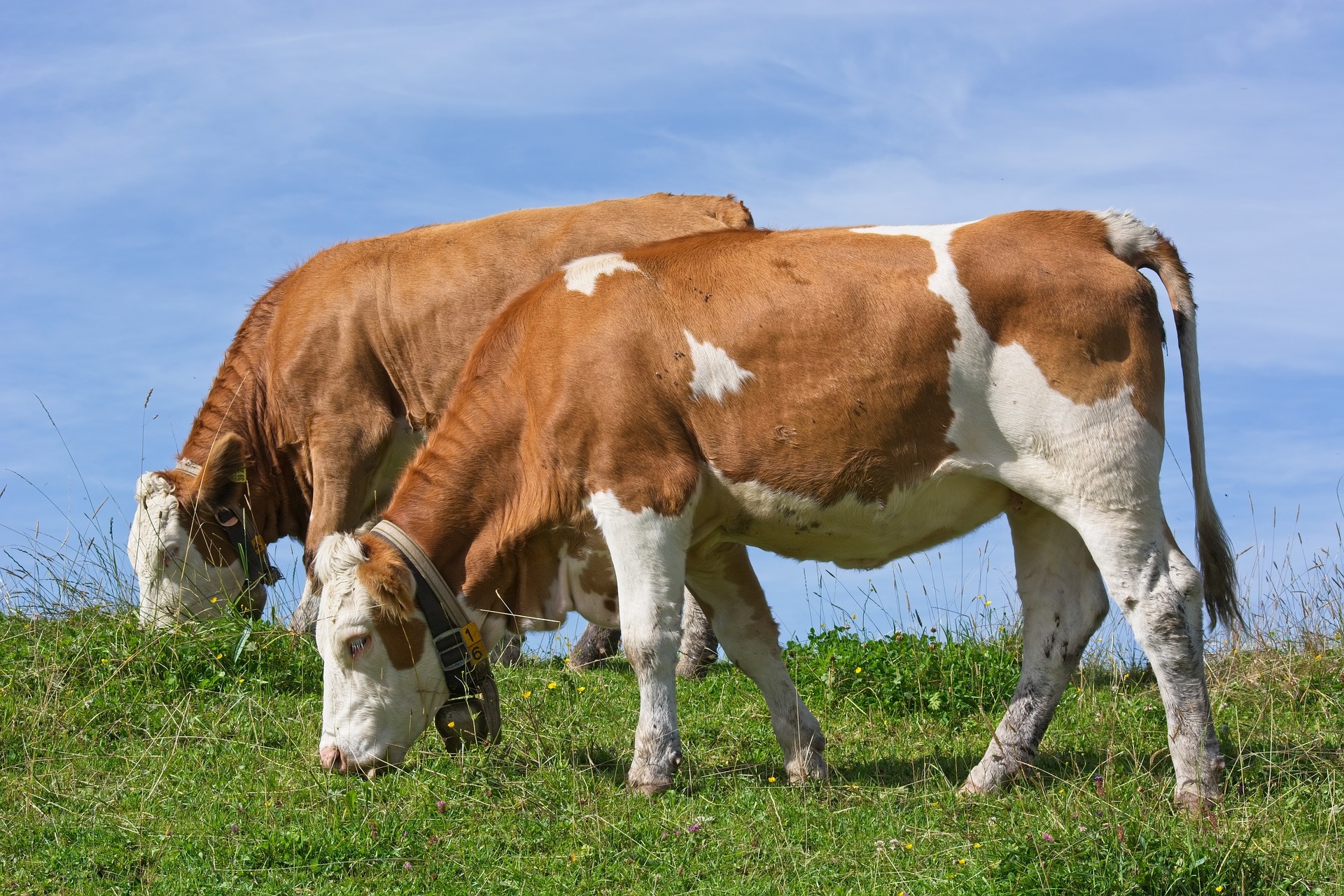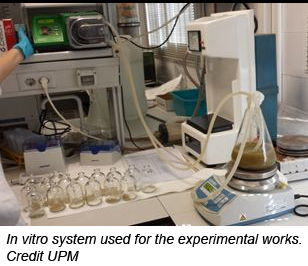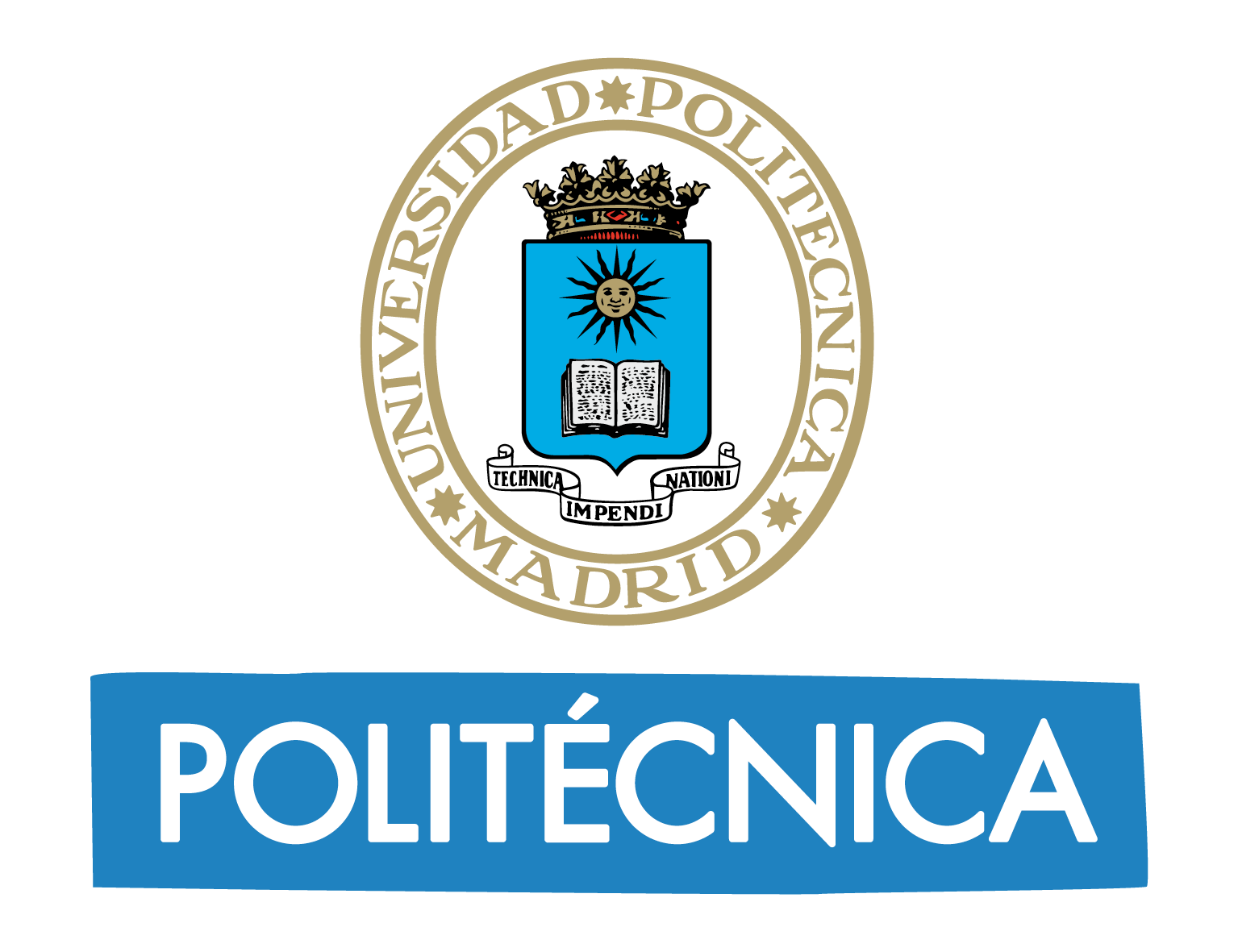Can we reduce the environmental pollution caused by ruminants?
A team of UPM researchers has reduced the methane and ammonia emissions caused by the digestion of ruminants thanks to a previous treatment of proteins on their diet.
To modify the diet of ruminants helps reduce the environmental pollution caused by their digestion. This is the conclusion of a study carried out by researchers from Universidad Politécnica de Madrid (UPM) who tested that a previous treatment of proteins on their diet reduces the rumen degradation up to 10% of the methane emissions produced in the ruminal fermentation.
Although these results were achieved using in vitro tests and need to be confirmed in vivo, these results open up interesting possibilities for the development of new strategies of animal nutrition that contribute to the sustainability of the planet.

Credit: pixabay
Animal nutrition has been in continuous development to increase both food efficiency and food quality of animal origin. All this is required to meet the growing needs of the human population.
The case of ruminants is relevant since they produce a huge amount of methane throughout their digestive process. Methane is a potent greenhouse gas and it also represents a significant energy loss to the animal. In addition, ruminants have a low efficiency of nitrogen use, thus they excrete a high proportion of the nitrogen ingested into the environment.
Recent Works from the Production Animal Group at the School of Agricultural, Food and Biosystems Engineering (ETSIAAB-UPM) have shown that the methane gas generated by ruminants is also caused by the fermentation of proteins. This is probably due to the fermentation of carbon chains resulting from amino acid deamination produced in the protein degradation.
In order to reduce the emissions emitted by these animals and taking into account these study results, UPM researchers have studied the effect produced in the digestion of ruminants when minimizing the contents of degradable protein on their diets, but always ensuring a minimum level that does not affect negatively on the growth of microbial population.
 In this way, researchers treated the proteins of the diet to provoke their denaturation in order to protect such proteins from the degradation of the rumen.
In this way, researchers treated the proteins of the diet to provoke their denaturation in order to protect such proteins from the degradation of the rumen.
In order to select the most suitable food product in which applying this treatment, researchers searched for protein concentrates of high content in degradable proteins and essential amino acids. The sunflower seed and meal have such characteristics since they are highly degradable and rich in sulfur amino acids and tryptophan.
The method developed by the research group consists of applying an acid-heat treatment to the protein food product. “The malic acid obtained the best results, and in addition, it can be used as an additive to improve the efficiency of food use”, says the UPM researcher, Dolores Carro.
Researchers carried out in vitro digestive process simulations. To this end, they developed a moderate-protein diet (13%) and a high-protein diet (17%) made of sunflower seed and meal, and then they assessed the emissions after the ingestion of both untreated food and treated food with malic acid and heat.
According to Dolores Carro, “the results showed that the treated food reduced the protein degradability of sunflower meal and loss of nitrogen as ammonia gas. Besides, methane production was reduced by 4.6% in the case of low-protein diets and by 10.8% in high-protein diets.
These results need to be confirmed in vivo studies, but they are a step forward for the development of strategies of animal nutrition which are more respectful with the environment.
Haro, A.N., Carro, M.D., de Evan T., González, J. 2018. Protecting protein against rumen degradation could contribute to reduce methane production. Journal of Animal Physiology and Animal Nutrition 102: 1482-1487.
Vanegas, J.L., Carro, M.D., Alvir, M.R. and González, J. 2017a. Protection of sunflower seed and sunflower meal protein with malic acid and heat: effects on in vitro ruminal fermentation and methane production. Journal of the Science of Food and Agriculture 97: 350-356.
Vanegas, J.L., González, J., Alvir, M.R., Carro, M.D. 2017b. Influence of malic acid-heat treatment for protecting sunflower protein against ruminal degradation on in vitro methane production: a comparison with the use of malic acid as an additive. Animal Feed Science and Technology 228:123-131.


